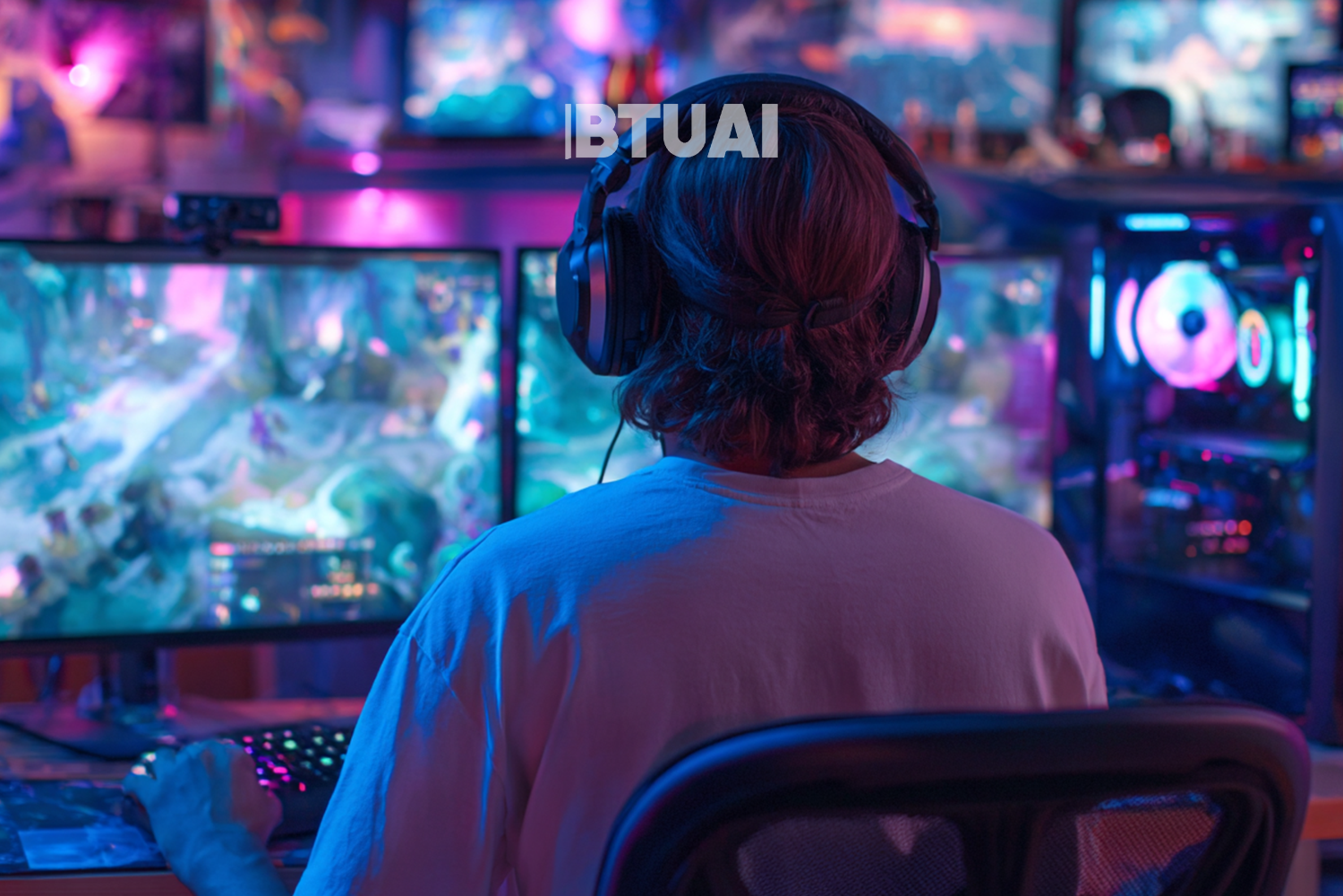The Rise of Esports in Georgia: A Quiet Boom Ready to Go Mainstream
Esports in Georgia is still in its early, amateur phase—but a growing number of signals suggest that the industry

Esports in Georgia is still in its early, amateur phase—but a growing number of signals suggest that the industry is already outgrowing its reputation as mere entertainment. Globally, esports audiences in 2024 reached approximately 640 million, while the industry’s market size hit $2.13 billion. Experts forecast it will grow to $7.46 billion by 2030, with a compound annual growth rate (CAGR) of 23.1% (Precedence Research, 2024).
Locally, the scene remains fragmented and semi-professional. Still, Georgian teams are beginning to participate in international events such as the PUBG Mobile Pro League and Valorant Contenders. For instance, the Georgian esports team Midnight Gaming placed 5th in the PUBG Mobile European League in 2023—a significant achievement in regional terms.
Infrastructure support is still limited. Most activities are driven by the private sector—organizations like the Georgian Esports Federation (GEF) hold occasional tournaments, but there is little systemic funding or integration into education.
On the positive side, Georgia’s digital infrastructure is rapidly improving. According to GeoStat’s 2024 data, 91.5% of the population now has access to the internet. Among people aged 15–34, over 70% regularly play online games. These figures point to a large and active base of users—one that remains largely untapped in structured esports development.
Global experience shows that esports is not only a driver of entertainment but also of economic activity. In the U.S. state of Georgia, for example, the esports industry generates over $750 million annually and supports more than 200 studios (Georgia Game Developers Association, 2023). The prize pool for the 2024 Esports World Cup reached a record $62.5 million (Esports World Cup Foundation, 2024), underscoring the scale and maturity of the sector worldwide.
While Georgia lacks structured programs in schools and universities, some private institutions and academies are beginning to develop training platforms. Creating dedicated educational tracks—for game design, streaming management, and competitive play—within the vocational system could be a key next step.
Meanwhile, local game developers are emerging. Studios like Volt Games and Next Stage are beginning to work on small titles, some of which aim for multiplayer platforms. This aligns naturally with the grassroots rise of esports and the broader indie game scene.
Challenges remain: the absence of government regulation or support, a lack of formal education paths, and public perceptions that still see gaming as a waste of time. However, strong digital access, a growing base of young, tech-oriented users, and early-stage private initiatives suggest fertile ground for esports to flourish.
If Georgia manages to coordinate public policy, education, and business investment, esports could evolve from a niche interest into a full-fledged digital sector—with export potential, job creation, and modern skill development built into its core.




